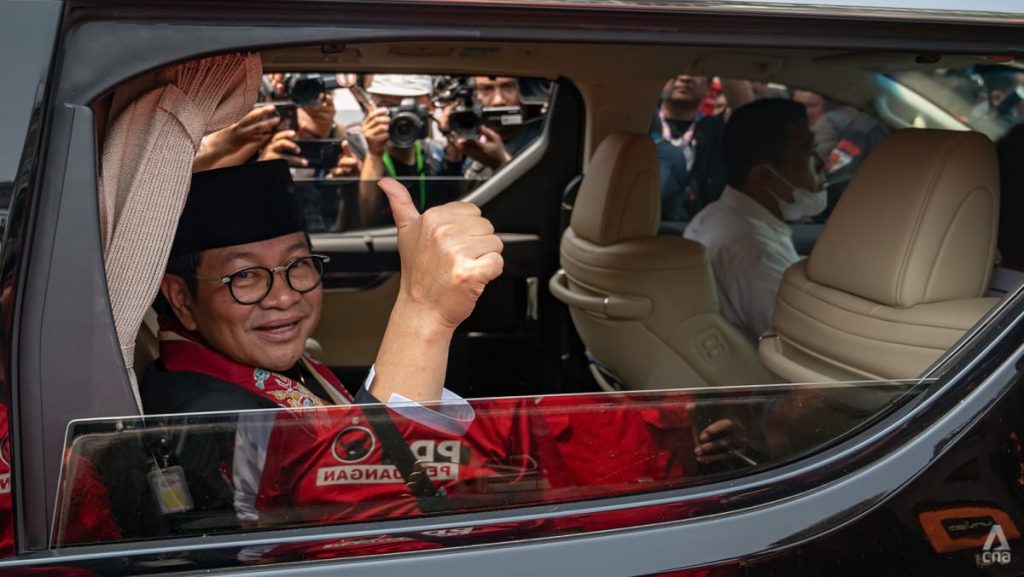Mr Ridwan was recently criticized for inappropriate tweets he made in the past, including one in 2010 where he made a play on words implying that the DPR (Indonesia’s House of Representatives) stood for “Dada Paha Rata” or women with flat chests and small thighs. In two other tweets that year, he made jokes about “pamer susu” (showing off breasts) and the practice of students peeking up the skirts of female schoolmates using mirrors. Netizens have circulated screenshots of these tweets and criticized both Mr Ridwan and another politician, Mr Pramono.
In response to the backlash, Mr Pramono was unapologetic and explained that many people used Twitter to post jokes in 2010. He mentioned that at the time, it was common to use hashtags like #justrelax for humor. Mr Ridwan, on the other hand, faced additional criticism for another tweet in 2010 that referred to the parliament as “Dewan Penipu Rakyat #DPR” or “people’s deceit council”. Actor Fedi Nuril reposted this tweet recently, calling Mr Ridwan a visionary for using the term. Despite the criticism, Mr Ridwan has expressed regret for his past tweets and called on netizens to move on.
The upcoming local elections in November are seen as crucial for Indonesia, with analysts noting that the outcomes could have a significant impact on the political landscape and how the national government of incoming president Prabowo works with regional governments. The stakes are high in these elections, and the behavior and past statements of candidates, such as Mr Ridwan and Mr Pramono, are under scrutiny from the public and netizens. The controversy surrounding their past tweets reflects a broader societal conversation about sexism, appropriate conduct, and the role of public officials.
Both Mr Ridwan and Mr Pramono have been criticized by netizens for their past statements, with some describing them as perverted and inappropriate. The circulation of screenshots of their tweets has sparked outrage among social media users, who have called out the politicians for their behavior. Mr Pramono defended his past tweets as jokes made in a different era of social media use, while Mr Ridwan acknowledged his past behavior but asked for forgiveness and to move on from the controversy.
The controversy surrounding Mr Ridwan and Mr Pramono’s past tweets highlights the importance of accountability among public officials and the increased scrutiny they face in the age of social media. The behavior and statements of politicians are now more easily accessible to the public, and past actions can come back to haunt them in the form of criticism and backlash. As Indonesia prepares for the upcoming local elections, candidates will need to be mindful of their past conduct and statements, as they can have a significant impact on their public image and electability.
Despite the backlash and criticism they have faced, both Mr Ridwan and Mr Pramono have not issued formal apologies for their past tweets. While Mr Pramono has defended his actions as part of a different era of social media use, Mr Ridwan has expressed regret for his past behavior and called on netizens to move on. The controversy has shed light on the importance of accountability and responsibility among public officials, as well as the changing landscape of political discourse in the digital age.













